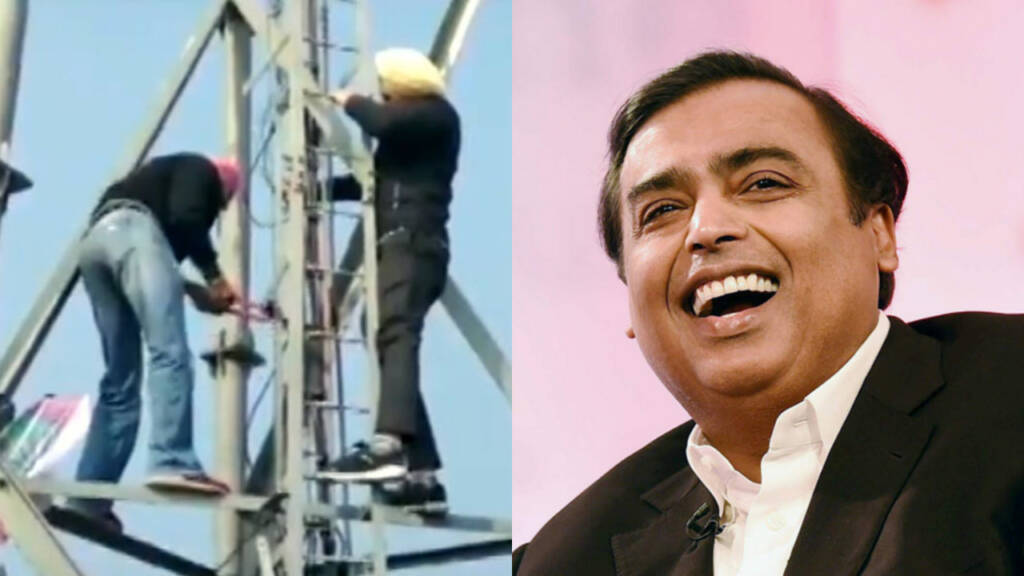In Punjab, the farmers protesting against the three farm laws disrupted the Jio network by vandalising hundreds of towers. Also, the telecommunication company lost thousands of customers because many consumers shifted to other networks- mainly Airtel- to express anger against Mukesh Ambani.
However, the Ambani-led Jio has played a masterstroke to further consolidate its market dominance with the removal of Interconnect Usage Charges (IUC). The IUC was mandated by the telecom regulatory authority of India after a Supreme Court verdict which was applied till the end of last year.
TRAI has implemented the ‘bill and keep’ regime from January 2021 which meant the companies would need to pay the IUC. Now, with IUC removed by TRAI, Jio has decided to keep up to its promise of free calls and cheap internet.
“Commitment to revert off-net domestic voice-call charges to zero, as soon as IUC charges are abolished, Jio will once again make all off-net domestic voice calls free, starting 1st January 2021. On-net domestic voice calls have always been free on the Jio network,” said the company.
“In September 2019, when TRAI extended the timeline for implementation of the Bill & Keep regime beyond 1st January 2020, Jio was left with no option but to start charging its customers for off-net voice calls, at a rate exactly equivalent to the applicable IUC charge. While doing so, Jio had assured its users that this charge would continue only till the time TRAI abolished IUC charges. Today, Jio has delivered on that promise and made off-net voice calls free again,” it added.
Reliance Jio is already the largest company in the world with more than 40 crore subscribers and above 35 per cent of market share. The Mukesh Ambani-led company is followed by Sunil Mittal led Airtel which has more than 33 crore subscribers and around 29 per cent of market share.
The two behemoths are followed by Vodafone Idea Limited and the government-owned BSNL. Vodafone Idea Limited, which is losing crores of customers with every passing quarter, has 29 crore subscribers as of October 2020 and 25 per cent of market share.
The state-owned BSNL, on the other hand, has around 12 crore subscribers with 10 per cent of the market, although almost half of the company’s total subscribers are inactive which means there is zero revenue from 6 crore subscribers. Although, the government of India is expected to keep the company alive because it provides services to crucial areas of the country where the private companies would not like to enter given the lack of commercial benefits.
Moreover, the telecom market is headed for duopoly because the sustainability of Vodafone Idea Limited is very unlikely amid stiff competition from Jio and Airtel. Therefore, the government would like to keep a state-owned company alive to ensure that the market players do not collaborate to cheat consumers.
Reliance Jio, which stormed the India markets a few years ago, is expected to further gain the market share at the expense of Vodafone Idea which has failed to keep its customers stuck to the company. The farmers of Punjab, who destroyed the Jio towers showing their agitation against the farm laws, will regret their decision as the company has implemented brand new offers of free calling in the new year.
